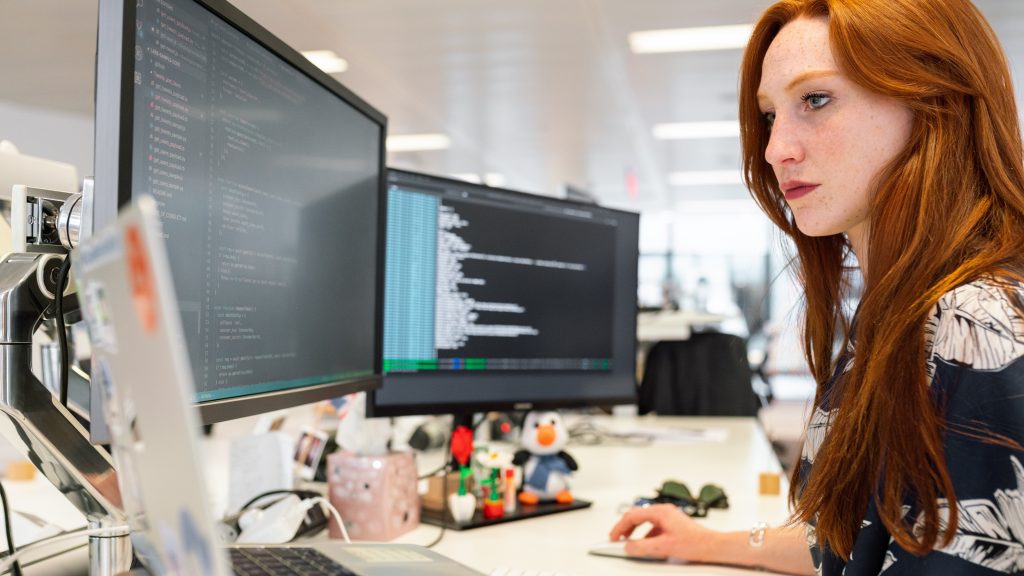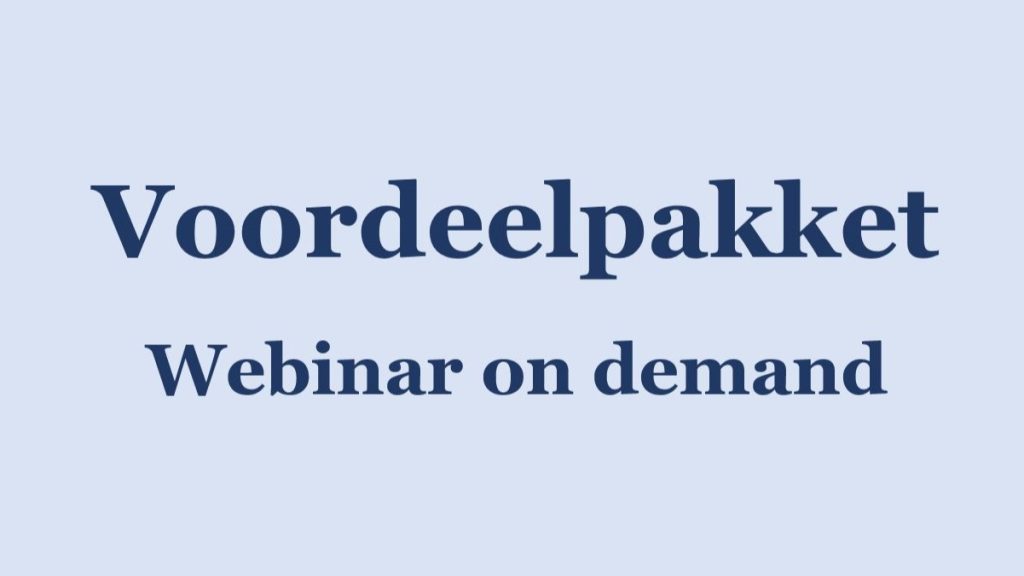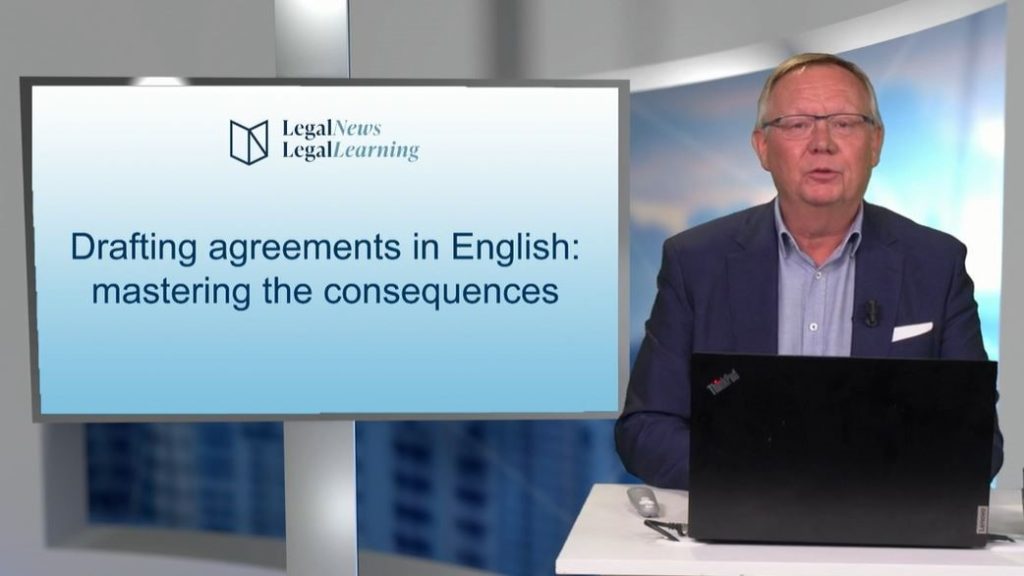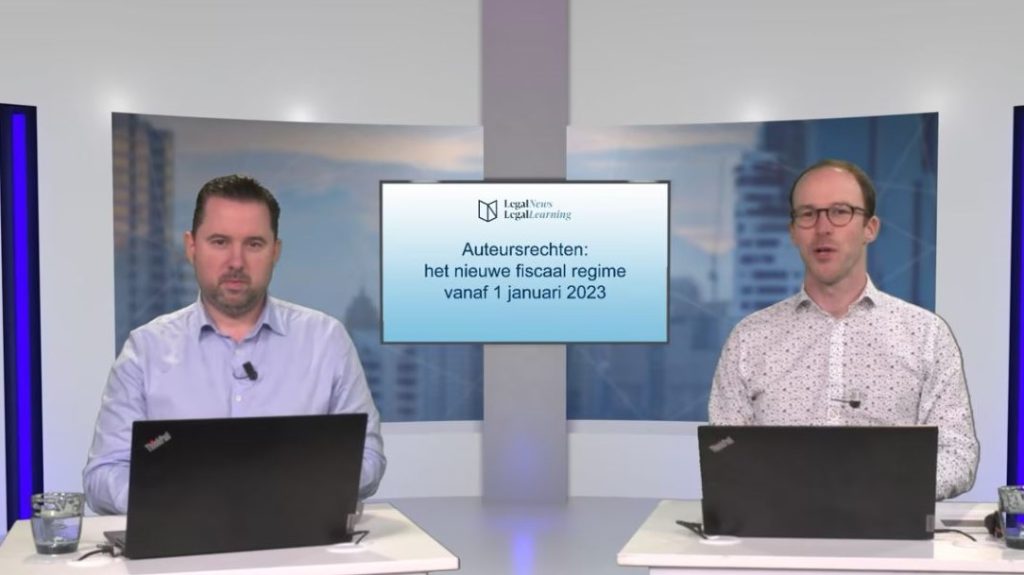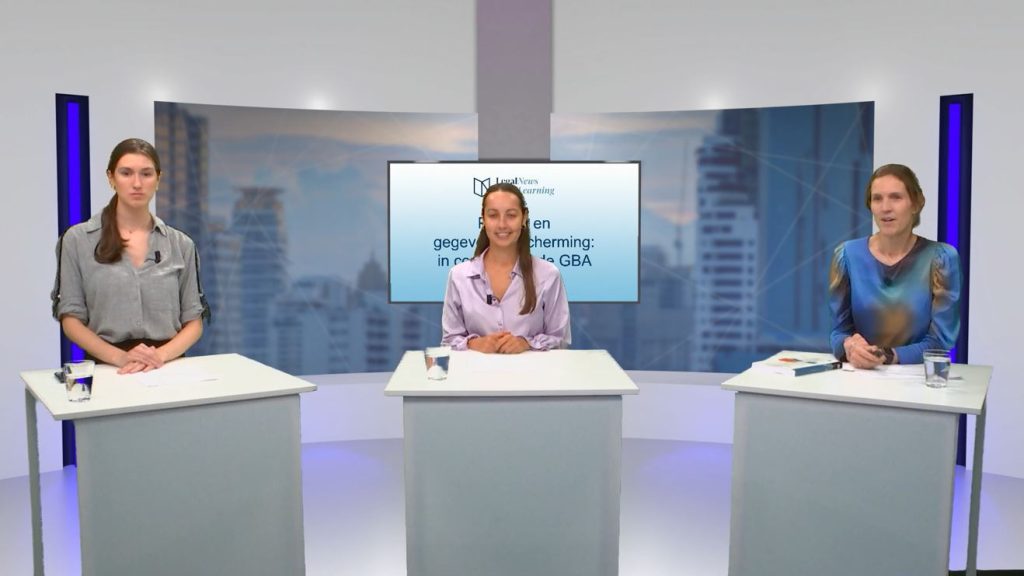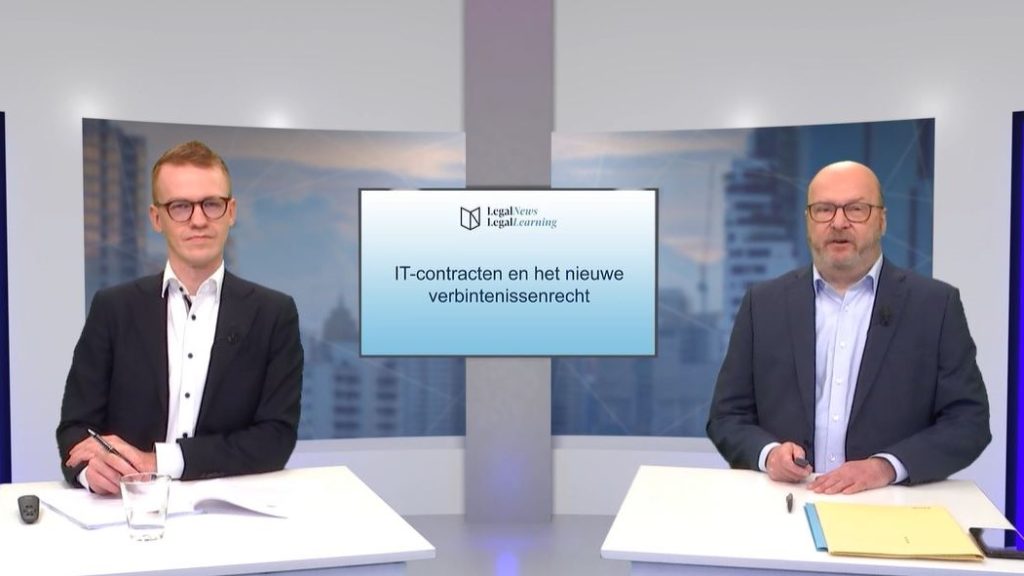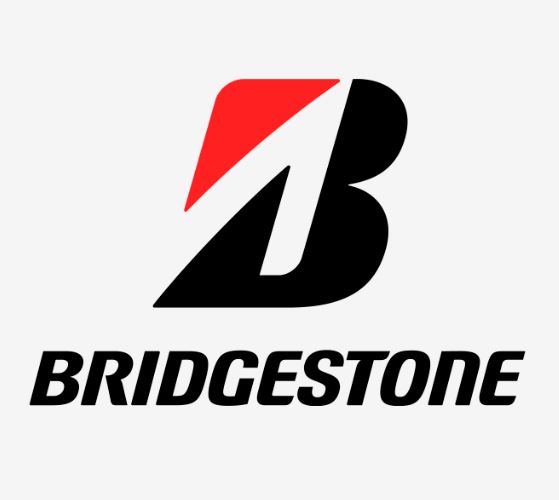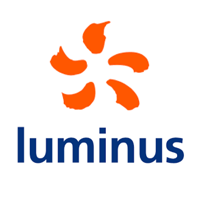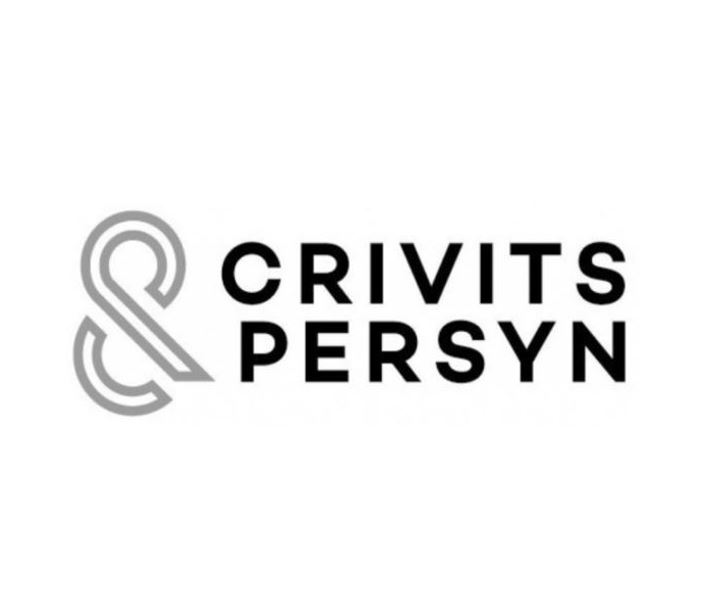Handelspraktijken en consumentenbescherming:
recente topics onder de loep
Dr. Stijn Claeys en mr. Arne Baert (Racine)
Webinar op vrijdag 30 augustus 2024
Aandachtspunten bij het opstellen
en analyseren van ICT-contracten
Mr. Lynn Pype en mr. Liesa Boghaert (Timelex)
Webinar op donderdag 16 mei 2024
Can authorities block an entire website without distinguishing between legal and illegal content? European Court of Human Rights 23 June 2020 (Artes Law)
Author: Catherine Van de Heyning (Artes Law)
Publication date: 30/06/2020
According to the European Court of Human Rights such an extreme measure will only be allowed if it is (among others) “prescribed by law”.
This means that the measures should not only have a legal basis in domestic law, but should also enable individuals to regulate their conduct and protect them against arbitrary interference and possible excessive effects.
This requires adequate safeguards that can put boundaries on unlimited discretion of authorities. Examples are notifications to website owners, impact and proportionality assessments, access to blocking decisions and effective remedies to challenge the orders.
Forbidding indiscriminate blocking measures that arbitrarily interfere with the rights of website owners and users, is something that is also known under copyright law where the Court of Justice has already held that measures aimed at blocking illegal content (i.e. copyrighted material put online without permission), should be strictly targeted at the infringing works and not affect internet users who are lawfully using ISPs services to access information (UPC Telekabel).
» Bekijk alle artikels: IT & IP



